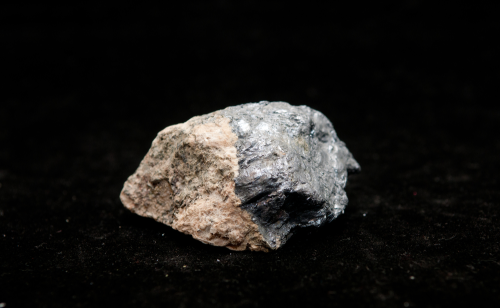
China currently imposes three distinct types of restrictions on the export of rare earths, tungsten, and molybdenum: duties (taxes) on the export of various forms of those materials; an export quota on the amount of those materials that can be exported in a given period; and certain limitations on the enterprises permitted to export the materials.
According to the ruling, China had argued that its export restrictions were due to the conservation of its exhaustible natural resources, and necessary to reduce pollution caused by mining. However, complainants disagreed, arguing that ”the restrictions are designed to provide Chinese industries that produce downstream goods with protected access to the subject materials”.
The WTO has ruled that this went against the agreement made in China’s Accession Protocol, in which it reportedly undertook to eliminate all export duties, except for those imposed on a number of products listed in Annex 6 to China’s Accession Protocol. The complainants argued that, with the exception of tungsten ores and concentrates (which they excluded from the scope of their claim), none of the products at issue are included in Annex 6, and China is therefore not entitled to impose the export duties on them.
Breaching obligations
Accordingly, the panel has concluded that China’s trading rights restrictions breach its WTO obligations.

